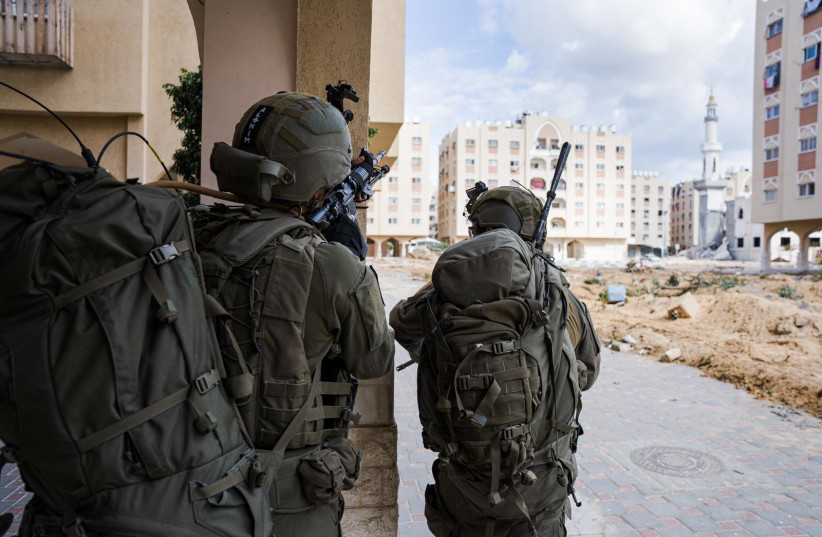Hamas leader Ismail Haniyeh blamed Israel for failing to adhere to its demands for a hostage deal, as the holy month of Ramadan opened Sunday night without the much sought-after pause to the Gaza war.
“I tell you very clearly that the one who bears responsibility for not reaching an agreement is the occupation and the government of the Zionist enemy,” said Haniyeh, who is based in Qatar.
In a televised address, Haniyeh said that Israel does not “want to adhere to the basic principles of the agreement. However, I say that we are open to continuing negotiations, open to any formulas that achieve these principles and end this aggression.”
Calling for a permanent ceasefire in exchange for hostages
He stressed, however, that any agreement for the release of the remaining 134 hostages must include a permanent end to the Gaza war, the full IDF withdrawal from Gaza, and the return of the displaced Palestinians to their homes in the northern part of the enclave.
Israel has insisted that it must be allowed to complete its campaign to destroy Hamas and that in the aftermath of the war, the IDF must retain security control of the enclave to prevent the return of terror groups.

Haniyeh spoke as the two mediating countries, Qatar and Egypt, together with the United States, attempted to salvage the talks. US President Joe Biden told MSNBC on Saturday night that CIA Chief William Burns was in intensive talks to advance the matter.
Egypt was in contact with senior Hamas and Israeli figures as well as other mediators on Sunday in an effort to restart negotiations, two Egyptian security sources said.
Egypt's contacts with Hamas and Israeli intelligence agency Mossad on Sunday were carried out under a mandate from the Egyptian presidency to bring the two sides' divergent positions together, the sources said, without providing further details.
The latest round of talks, not attended by Israel, broke up in Cairo this week.
The war cabinet met in Tel Aviv to discuss Ramadan and the overall hostage situation.
Israel and the US had to see a deal for the release of 40 hostages in exchange for a six-week pause to the war and the release of 400 Palestinian security prisoners and terrorists jailed in Israel.
Haniyeh said that the issue of prisoners was very important to Hamas and that “the issue of prisoners is important, and the enemy must understand that he will pay a price.”
During the month-long Ramadan, Haniyeh said it was important to ensure that Jerusalem and its Al-Aksa mosque compound was protected and spoke of the importance of uniting all the Palestinian factions in one unified government.
Separately, Foreign Minister Israel Katz on Sunday traveled to New York with a delegation of relatives of the hostages.
He plans to address the United Nations Security Council on Monday and ask that it condemn Hamas for its October 7 attack against Israel, in which over 1,200 people were killed and another 253 seized as hostages.
